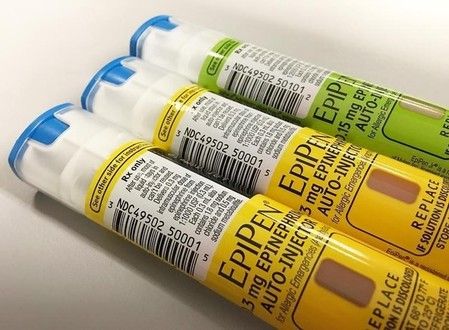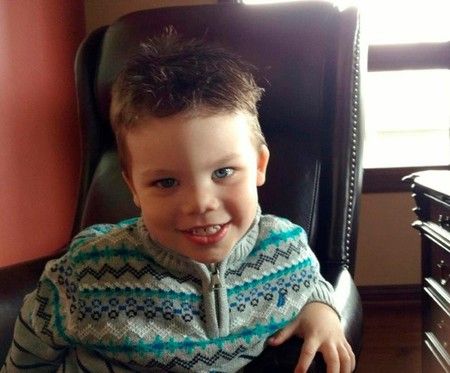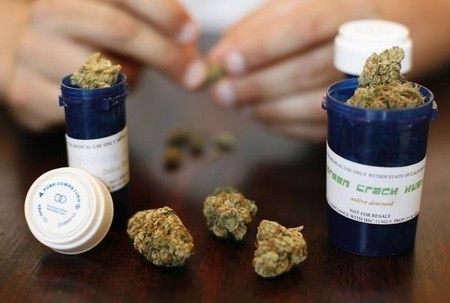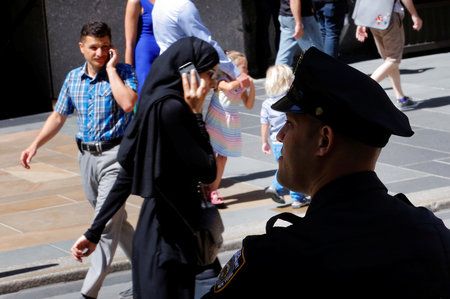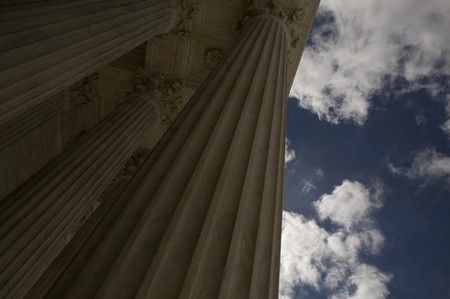Advertisement
President Reagan’s would-be killer Hinckley to go free
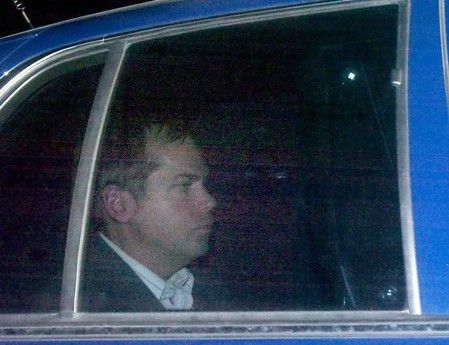
By Joseph Ax
(Reuters) – John Hinckley Jr., who wounded U.S. President Ronald Reagan and three other people in a 1981 assassination attempt prompted by a deranged obsession with actress Jodie Foster, can be freed from a psychiatric hospital to live with his mother, a federal judge ruled on Wednesday.
U.S. District Judge Paul Friedman said Hinckley, 61, who was found not guilty by reason of insanity in a 1982 trial, no longer posed a danger to himself or others.
He ruled Hinckley could be released from St. Elizabeth’s, a government psychiatric hospital in Washington, as soon as Aug. 5, subject to dozens of conditions intended to ensure he is adequately monitored.
“Since 1983, when he last attempted suicide, he has displayed no symptoms of active mental illness, exhibited no violent behavior, shown no interest in weapons, and demonstrated no suicidal ideation,” Friedman said of Hinckley in a 103-page opinion.
In addition to Reagan, Hinckley’s attack wounded presidential press secretary James Brady, a policeman and a Secret Service agent.
The shooting helped launch the modern gun control movement, as Brady and his wife, Sarah, founded what is now known as the Brady Campaign to Prevent Gun Violence after he was left permanently disabled.
The Bradys’ support helped the Brady Handgun Violence Prevention Act become law in 1993, imposing federal background checks on gun purchases and a five-day waiting period.
The Hinckley verdict also led several states to rewrite their laws making it more difficult to use the insanity defense, while the U.S. Secret Service significantly tightened its protocols for presidential security.
REAGAN FAMILY OPPOSES RELEASE
Wednesday’s decision drew criticism from the Ronald Reagan Presidential Foundation and Institute, which said the family strongly opposed Hinckley’s release and believed he still poses a threat to others.
In a statement, the Brady Campaign did not specifically attack Hinckley’s release but noted that gun control laws remain toothless more than three decades after the shooting.
“Virtually all Americans should be outraged that it will be just as easy for Jim’s would-be killer to buy a gun today as it was 35 years ago,” the group said. “This decision will only redouble our resolve at the Brady Campaign to expand background checks to every gun sale and end the horror of gun violence that takes 90 lives every single day.”
Foster has refused to comment publicly on Hinckley since 1981 and a publicist for the Academy Award-winning actress did not respond to a request for comment on Wednesday.
Upon his admission to St. Elizabeth’s, doctors diagnosed Hinckley with depression and psychosis – two maladies they now say have been in remission for years.
Friedman said Hinckley will be required to spend at least a year living with his mother, Jo Ann, 90, in Williamsburg, Virginia, about 130 miles (210 km) south of Washington, where he has been making increasingly long furlough visits for several years.
COULD EVENTUALLY LIVE ALONE
If Hinckley’s treatment team approves, he may then move into his own residence by himself or with roommates, Friedman said. He also said if Hinckley’s mother becomes unable to monitor him in her home, his brother or sister will be required to live there with him until the hospital determines an alternate plan.
In a May story about Hinckley’s life, Washingtonian magazine cited neighbors in her gated community who liked Mrs. Hinckley but did not want him living there.
Hinckley’s behavior during his furlough visits has been unimpeachable aside from a few occasions, the judge wrote. Twice in 2011, Hinckley lied to hospital staff about where he had been.
Friedman’s order imposes nearly three dozen conditions, including monthly meetings with his psychiatrist in Washington. Hinckley is barred from making contact with Foster or her family, Reagan’s family and relatives of the other victims, and is required to either work or volunteer at least three days per week.
Hinckley is restricted to a 50-mile radius of Williamsburg and must make information about his mobile phone, vehicle and Internet browsing history available to his treatment team and law enforcement. He cannot own firearms and is not allowed to use alcohol or drugs.
Secret Service agents have monitored Hinckley during furloughs and likely will continue to do so.
The petition for release from Hinckley was supported by his doctors but opposed by U.S. prosecutors. A spokesman for the U.S. Attorney’s office in Washington said prosecutors were reviewing the decision.
Hinckley lawyer Barry Levine did not immediately respond to a request for comment.
OBSESSION WITH ‘TAXI DRIVER’
Hinckley was a 25-year-old college dropout with vague aspirations of a musical career when he fired at Reagan. He had become obsessed with Foster and the Martin Scorsese film “Taxi Driver” in which she played a teenage prostitute.
Hinckley began to identify with the film’s main character, Travis Bickle, who planned to assassinate a presidential candidate, and spent several years trying to make contact with Foster, who was a student at Yale University in Connecticut.
On March 30, 1981, Hinckley wrote Foster a letter detailing his plans to kill Reagan in an effort to win her over. Later that day, Hinckley approached Reagan outside the Washington Hilton Hotel and opened fire.
Reagan suffered a punctured lung but recovered relatively quickly. Brady’s death in 2014 was attributed to his wounds but federal prosecutors said the following year they would not charge Hinckley with his murder.
(Reporting by Joseph Ax and Ian Simpson; Additional reporting by Susan Heavey and Laila Kearney; Editing by Steve Orlofsky and Bill Trott)



